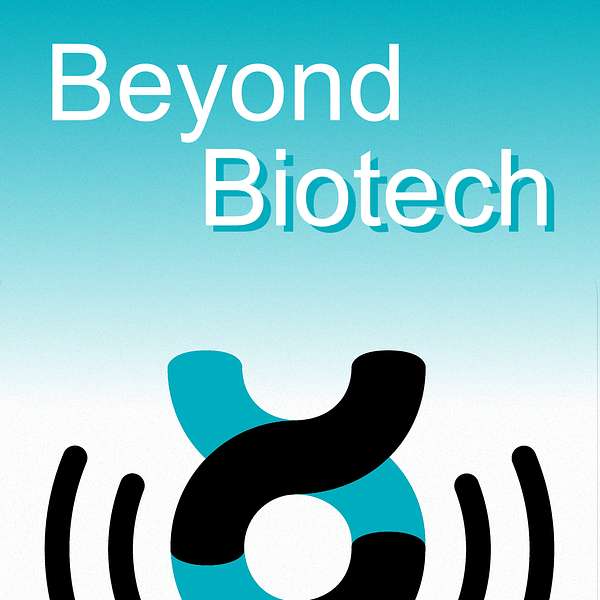
Beyond Biotech - the podcast from Labiotech
Welcome to the official Labiotech.eu podcast - Beyond Biotech! Each week, we talk about what's happening in the world of biotech, with news and interviews with experts from companies around the world. Join us as we cover the latest news, breakthroughs and innovations shaping the life sciences industry.A new podcast episode is available every Friday. The host is Dylan Kissane.
Beyond Biotech - the podcast from Labiotech
Targeting inflammation: A revolution in disease treatment
Inflammation appears to affect almost every part of the human body as we age, including cancer, type-2 diabetes, obesity, and neurodegenerative disorders.
NLRP3 inflammasome-induced inflammation is at the root of nearly all disease pathologies including fibrotic, dermatological, rheumatological diseases as well as neurological disorders such as Alzheimer’s disease.
Halia Therapeutics is a clinical-stage biopharmaceutical company pioneering a novel class of small molecule medications designed to combat inflammation.
Halia Therapeutics’ candidates are the first drugs to target the protein NEK7 to inhibit NLRP3 inflammasome activity to resolve chronic inflammation in multiple diseases.
Its lead candidate, HT-6184 is currently being evaluated in two phase II studies – for the treatment of post-procedure inflammatory pain response and cancer (lower-risk myelodysplastic syndromes (LR-MDS).
The company also recently announced a new collaboration to leverage AI in the clinical development of its new Alzheimer's disease drug, HT-4253, targeting a mediator of neuroinflammation called leucine-rich repeat kinase 2 (LRRK2).
This week, or guest is Dave Bearss, CEO of Halia Therapeutics.
01:09-05:49: About Halia Therapeutics
05:49-08:59: What is the difference between acute inflammation and chronic inflammation?
08:59-12:02: What is NLRP3 inflammasome-induced inflammation?
12:02-15:37: What is NEK7 and how does targeting it help inhibit NLRP3 inflammasome activity?
15:37-18:51: What diseases are related to NLRP3 inflammasome activity?
18:51-22:11: What does reducing NLRP3 activity address in these conditions?
22:11-26:46: With Alzheimer’s and Parkinson’s is inflammation reduction being investigated by other companies?
26:46-24:14: What is Halia’s lead candidate, HT-6184?
34:14-37:03: What is the balance between normal inflammation and reducing chronic inflammation?
37:03-38:34: Is early intervention the key?
38:34-42:18: Would your treatment be good as a preventative measure?
Interested in being a sponsor of an episode of our podcast? Discover how you can get involved here!
Stay updated by subscribing to our newsletter